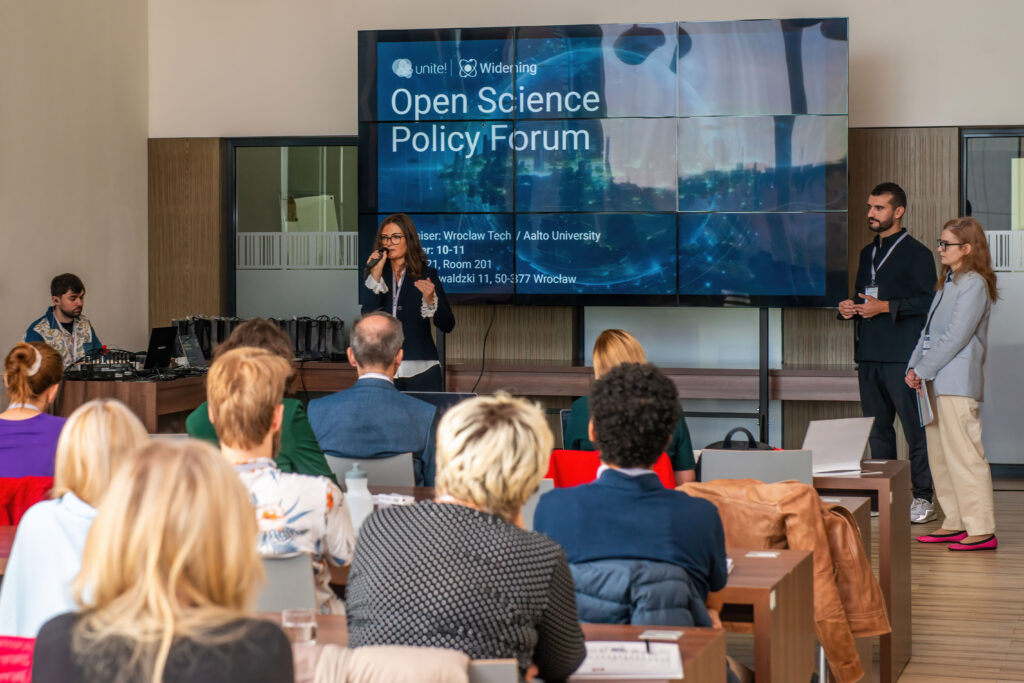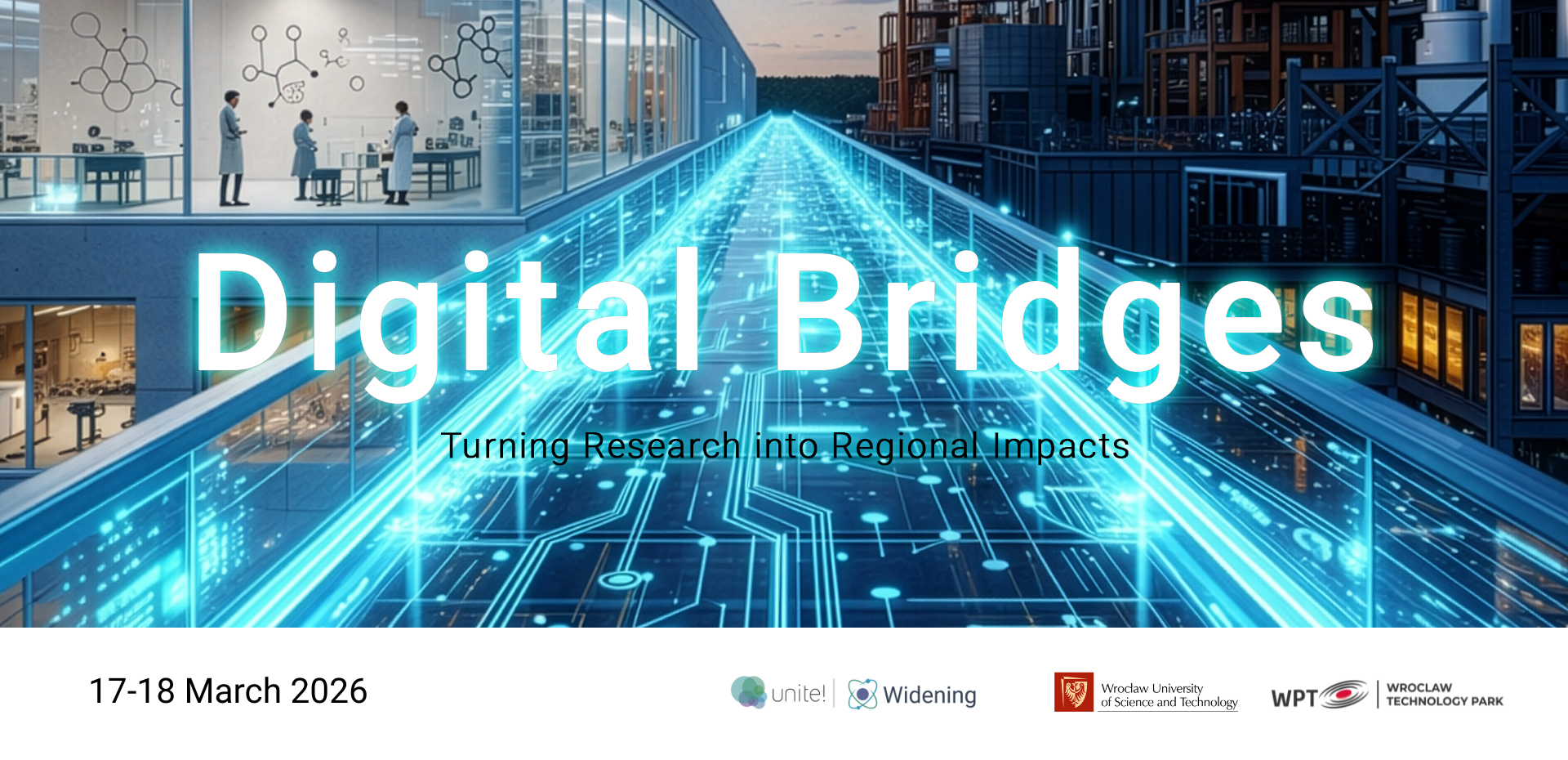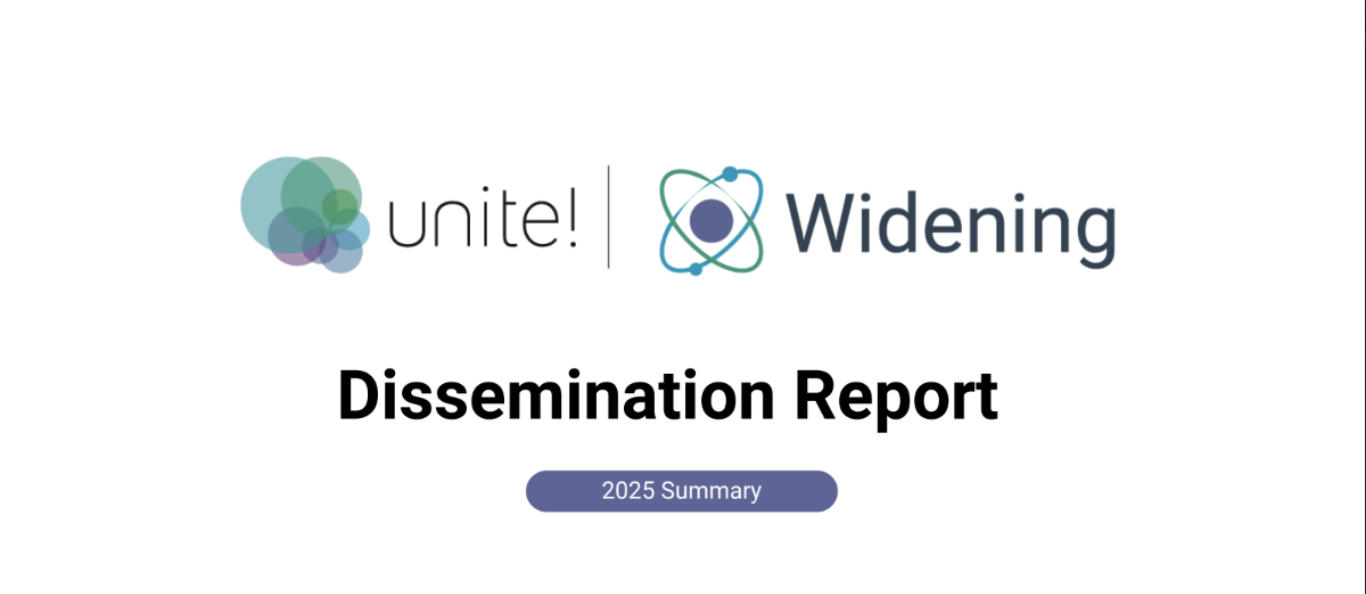Insights from the Open Science Policy Forums in Wrocław and Lisbon
The Unite.WIDENING project, part of the transformative Unite! European University Alliance, is at the forefront of efforts to advance a collaborative, egalitarian, free, diverse, and inclusive European Open Science and Innovation Area among widening and non-widening countries. This October, two landmark events took place—the Open Science Policy Forums in Wrocław, Poland, and Lisbon, Portugal. These forums brought together students, researchers, staff, companies, university managers, funders, and national, regional, and EU policymakers to advance strategies and actions for adopting open science practices and principles in Universities in European widening countries. By leveraging collaboration between research-intensive institutions and their counterparts in widening countries, between all Unite! open science and innovation communities, these events marked significant progress toward fostering a more equitable European research and innovation ecosystem.
A Vision for Open Science in Wrocław
The Wroclaw Open Science Policy Forum, held from October 10-11, provided a dynamic platform to engage with the multifaceted dimensions of open science. Hosted by Wrocław University of Science and Technology (Wrocław Tech), the forum began with a focus on broadening understanding and awareness of open science as a Human Right.
The first day featured discussions on the intersections between scientific openness and legal frameworks for innovation. These sessions offered attendees a comprehensive understanding of accessibility in citizen science practice, open access publishing, intellectual property protection, open innovation, and patent systems. Participants also toured the Wrocław Centre for Networking and Supercomputing and Tyflolab, an experience curated by the Wrocław Tech Library team. This visit highlighted the essential role of advanced public research infrastructures in enabling open science practices.
The second day turned to strategic planning and governance, with an emphasis on the recommendations outlined in the Unite! White Paper for renewing university governance models.. Discussions centered on reforming university reward systems of science and innovation to align with sustainability objectives and enhancing the interoperability of research infrastructures to support European collaboration. Insights from keynote speakers Erzsébet Toth Czifra. Program Lead, CoARA Coalition, and Dejan Dvorsek, Deputy Head of Unit, Open Science and Research Infrastructures Unit, European Commission provided a foundation for in-depth panel discussions on the adoption of open science practices in Polish academia. The day culminated in a co-creation session, “Towards a New University Open Science Innovation Strategic Roadmap,” where participants collaboratively envisioned pathways for embedding open science principles into institutional strategies and actions plan. The forum enabled the creation of Wrocław Tech open science and innovation community and showcased the power of cross-border exchange, as participants from widening and non-widening countries within the Unite! Alliance shared expertise and perspectives. This collaboration underscored the critical role of international partnerships in advancing open science across Europe.
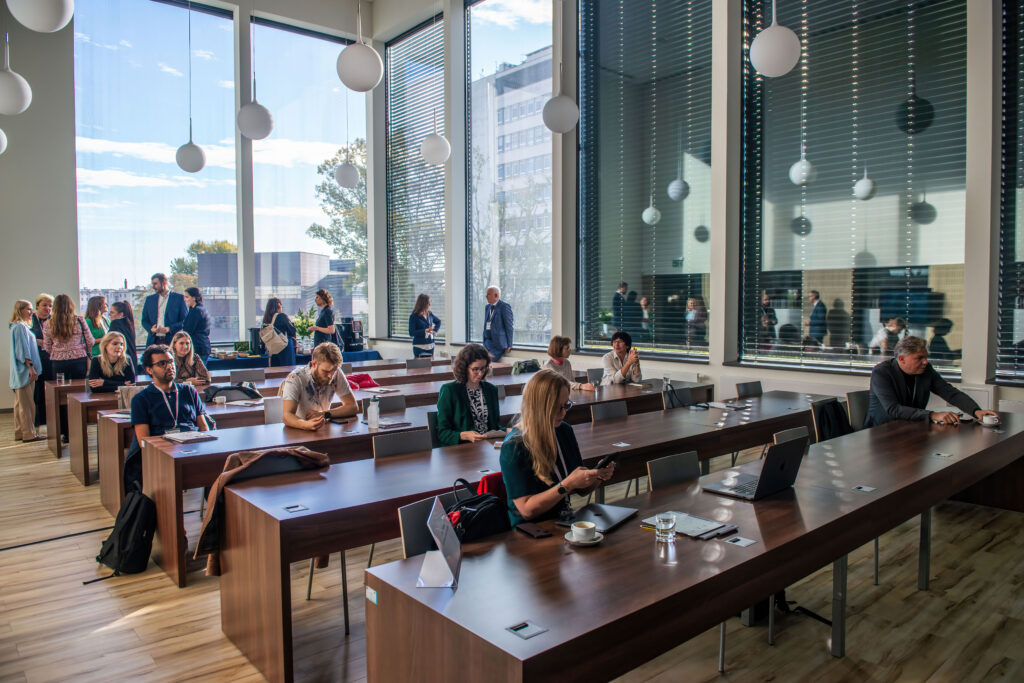
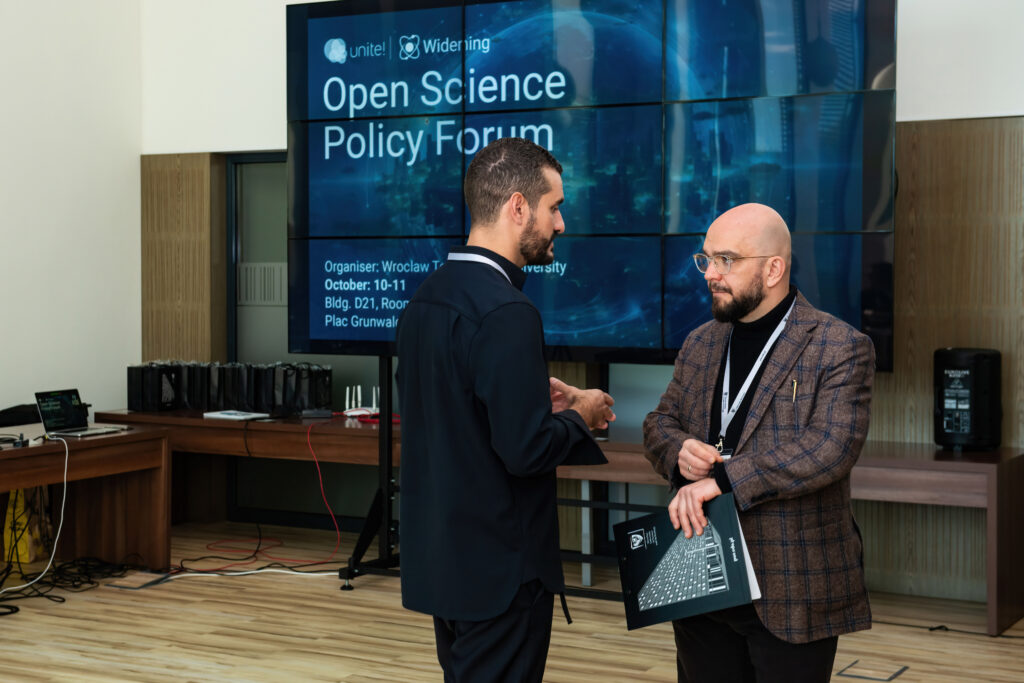
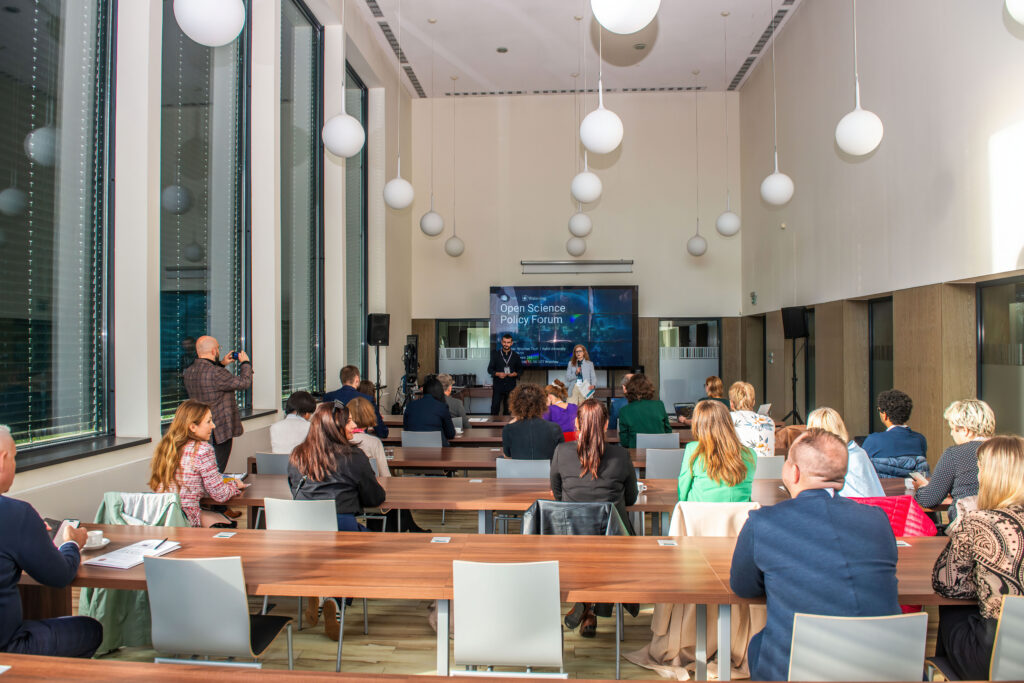
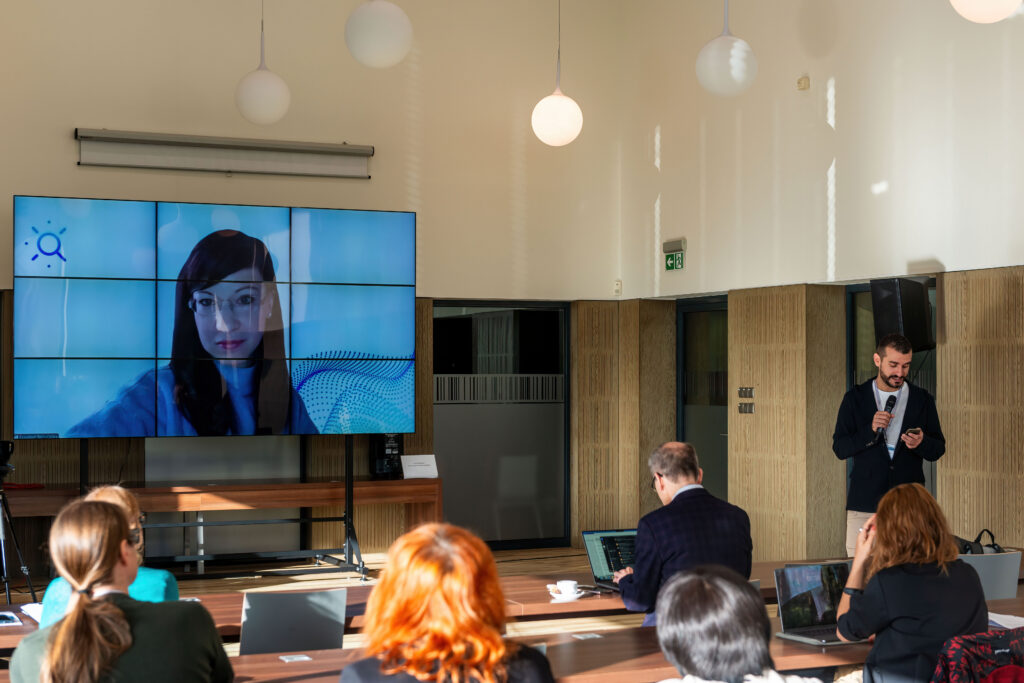
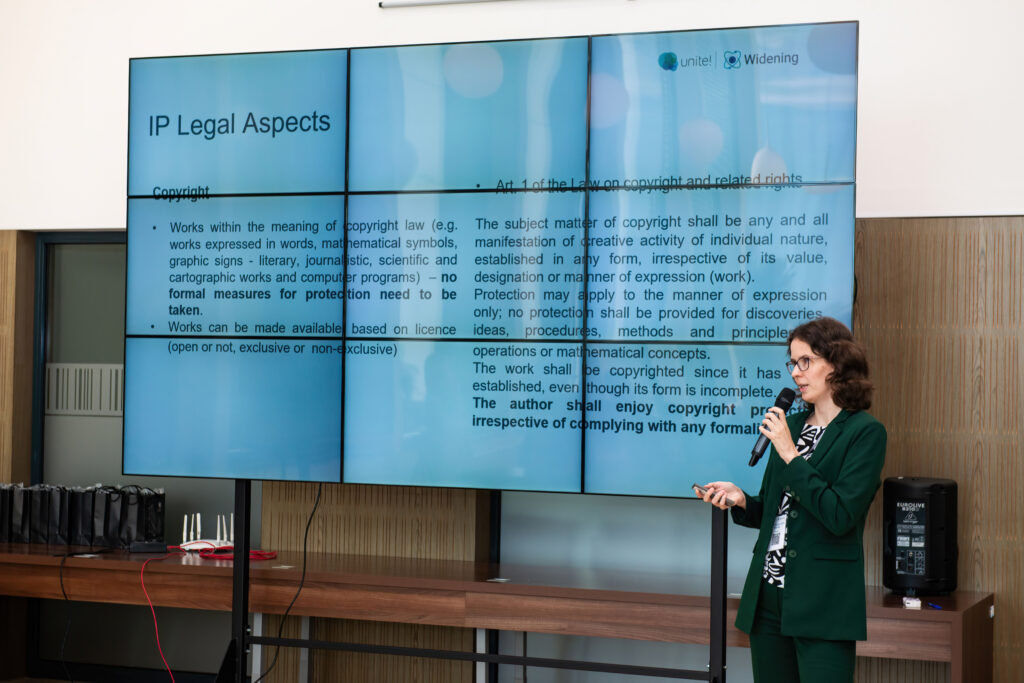
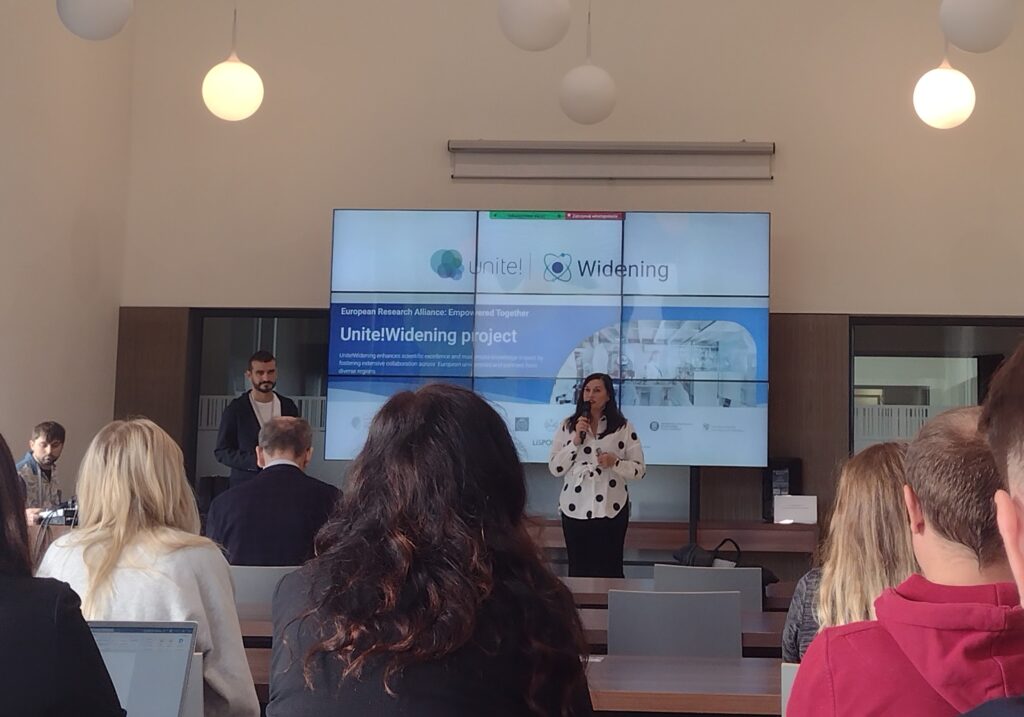
Turning Open Science Policy into Practice in Lisbon
On October 24-25, the focus shifted to Lisbon, where the University of Lisbon (ULisboa) hosted the second forum under the theme “Towards a European Open Science and Innovation Area.” In accordance with the recommendations of the Unite!White Paper, the Lisbon forum framed open science within the broader European policy context and emphasized the transition from defining policies to implementing them,.
The event opened with a keynote address by Sami Niinimäki Counselor of Education and Culture, from Finland’s Ministry of Education and Culture, who highlighted the importance of robust transdisciplinary support systems for fostering openness in knowledge sharing and production. This was followed by insights from Pantelis Tziveloglou, EOSC Team leader, Open Science and Research Infrastructures Unit of the European Commission, who outlined the roadmap for deploying the European Open Science Cloud (EOSC) and advancing open science competencies, a cornerstone of the EU’s open science strategy.
The forum also explored Portugal’s progress in adopting open science through a panel discussion featuring prominent voices from Portuguese universities and government agencies. These discussions illuminated the country’s initiatives and challenges, offering valuable lessons for other widening countries.
The second day was dedicated to practical capacity-building activities. Workshops focused on exploring how open science competencies can be embedded across all levels of university education and advancing community governance models for institutional strategies. ULisboa’s innovative research information management system served as a case study, illustrating how digital technologies can underpin open science practices.
The forum concluded with remarks from Rubén Vicente-Saez, Unite! Widening Task leader, Aalto University, emphasizing the transition from policy design in Unite!H2020 project to execution in Unite! Widening project and the commitment of Unite! Alliance in the shift from modern science to open science. The event marked a critical step in positioning ULisboa as a hub of excellence in open science and innovation management, aligned with the university actions planned for deployment over the next four years.
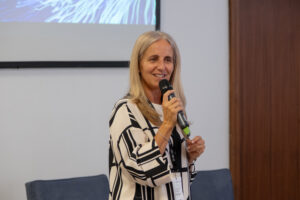
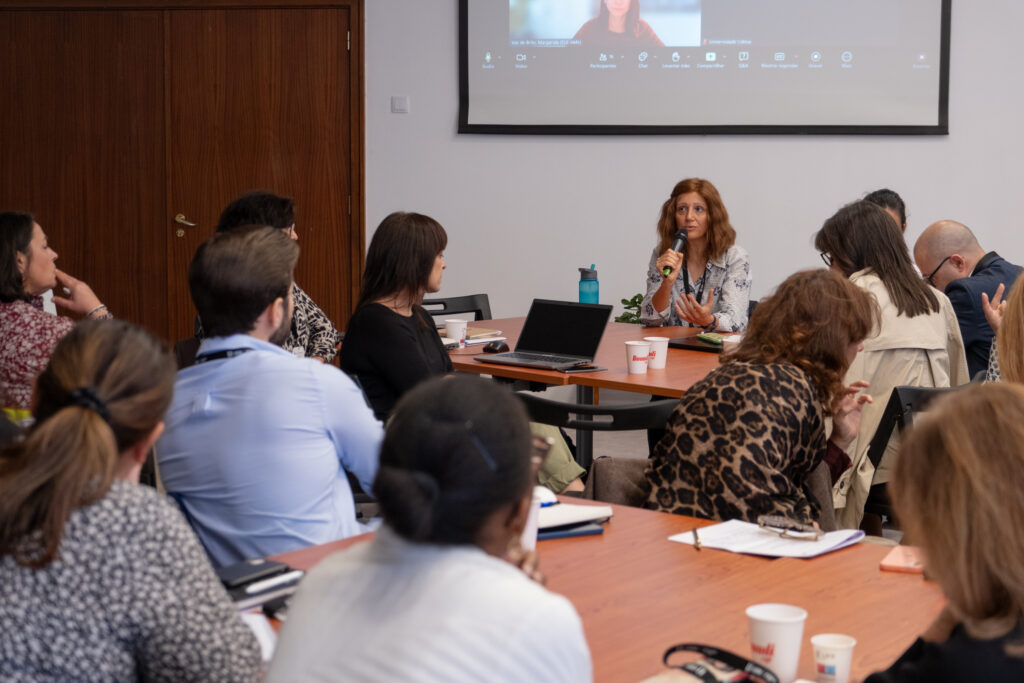
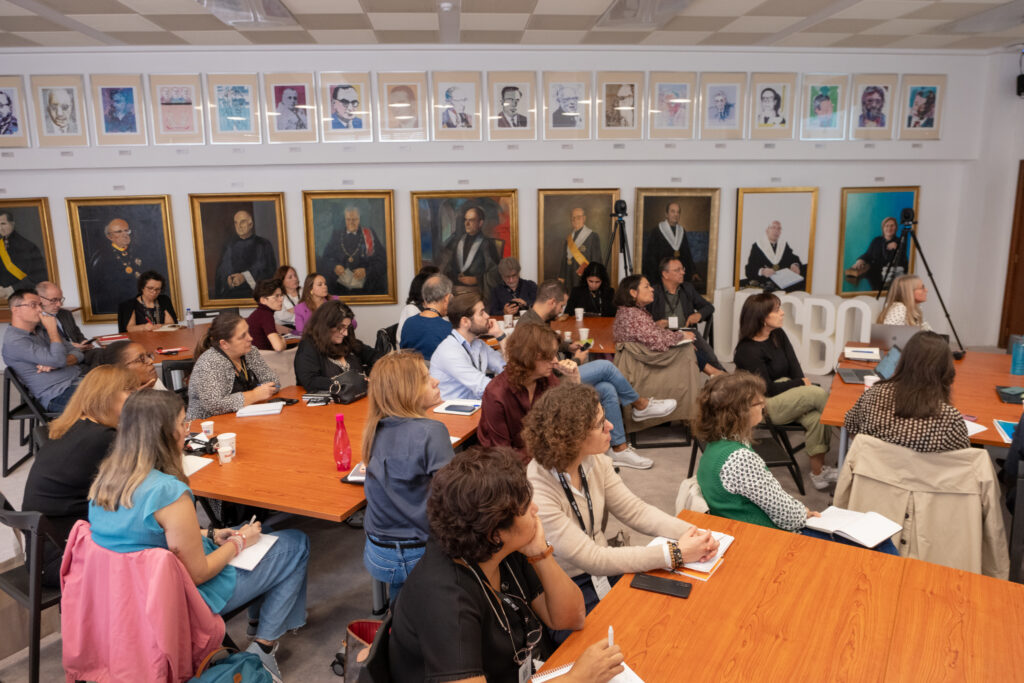
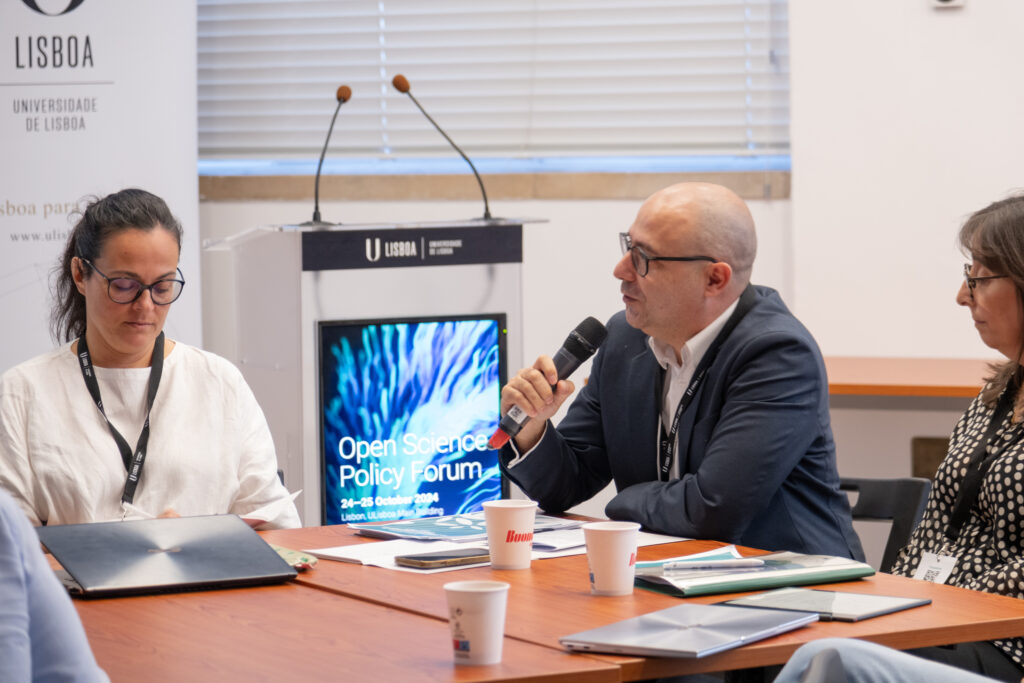
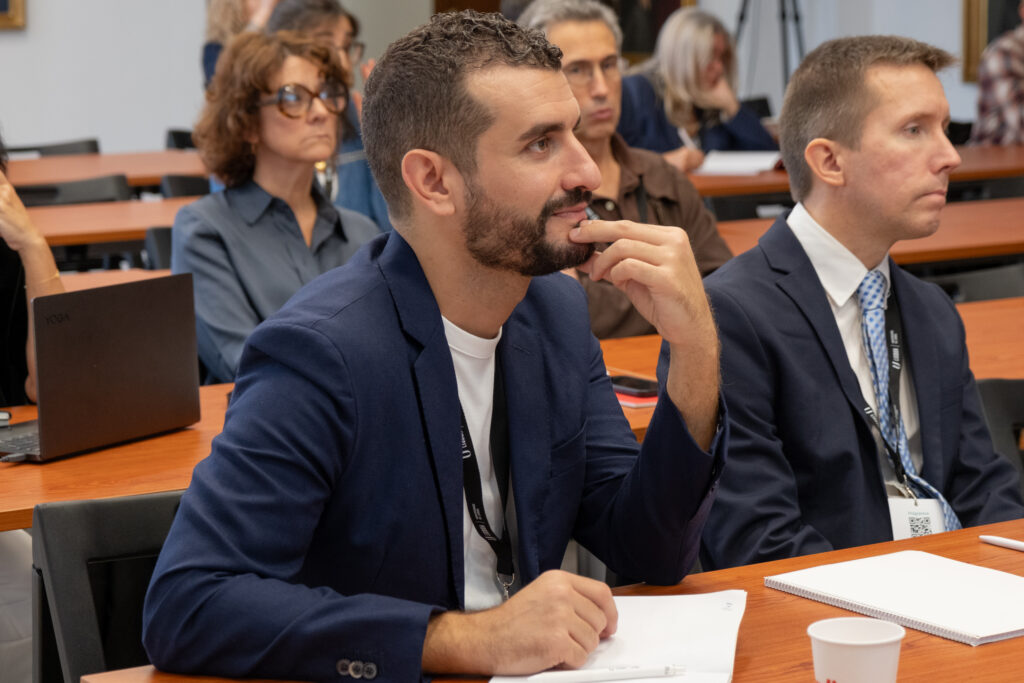
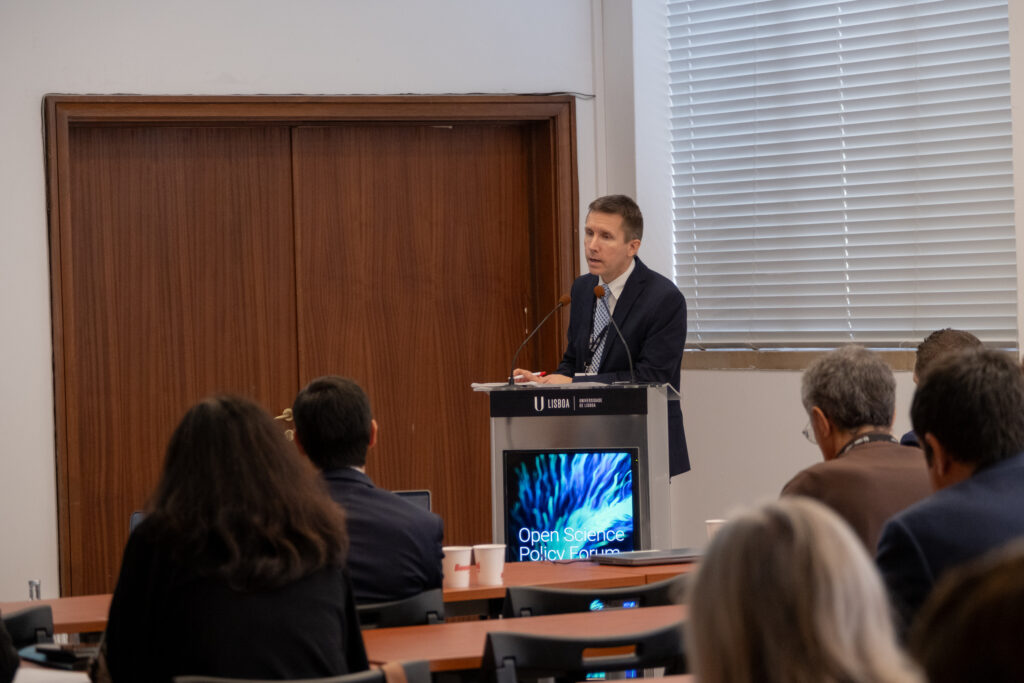
A Collaborative Path Forward
The forums in Wrocław and Lisbon reveal the transformative potential of collaborative efforts in widening countries like Poland and Portugal. By leveraging partnerships with research-intensive institutions in countries such as Sweden, Germany, and Finland, the Unite.WIDENING project is facilitating the development of tailored strategies to address pressing challenges, from the green transition to talent development and infrastructure interoperability.
These events represent a shift from dialogue to action, with a focus on embedding open science into institutional practices. The commitment to fostering inclusive research ecosystems and ensuring equitable access to scientific resources remains at the heart of the project’s goals.
As Wrocław Tech and ULisboa advance toward becoming Hubs of Excellence in Open Science and Innovation Management, the Unite! Alliance continues to exemplify how networks can drive meaningful change in a collaborative way. These forums remind us that open science is more than a policy; it is a commitment to accessibility, transparency, diversity and inclusivity, for the co-creation of a sustainable, knowledge-driven and peaceful Europe. Open science is a human right.

